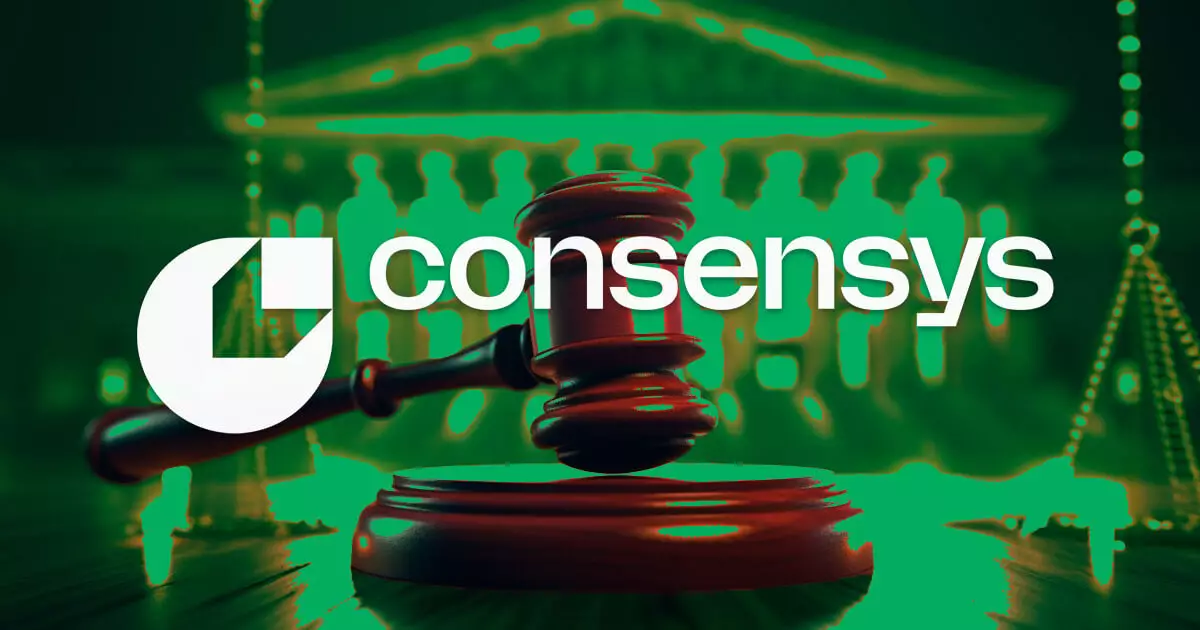The ongoing legal tug-of-war between the U.S. Securities and Exchange Commission (SEC) and crypto firms has captured essential stakeholder attention, particularly regarding the case against Consensys. The SEC initially filed charges against the blockchain development company on June 28, 2024, claiming it had facilitated unregistered securities transactions through its offerings, such as the MetaMask Staking service. This legal battle epitomized the larger friction between regulation and innovation in the rapidly evolving crypto sector, raising critical questions about the role of regulatory bodies in fostering technological advancement.
In a remarkable turnaround, the SEC agreed in principle on February 27 to dismiss its enforcement case against Consensys. This decision not only signals a potential thaw in the SEC’s regulatory approach but also aligns with the sentiments expressed by Consensys CEO Joseph Lubin. He has framed the dismissal as a victory, not just for Consensys, but for blockchain developers at large, highlighting the importance of standing up against what he refers to as “regulatory overreach.” The newly appointed leadership at the SEC has been characterized by a more lenient view towards innovation, paving the way for a future where crypto enterprises may find less resistance in their endeavors.
The resolution of this case has several implications for the crypto landscape. Firstly, it reflects a growing recognition among regulators that innovation should not be stifled by stringent legal frameworks. The consent dismissal offers a renewed sense of optimism for startups operating in decentralized finance (DeFi), as they may feel encouraged to push the envelope, knowing that some regulatory bodies are willing to adapt. Furthermore, the shift underscores the importance of constructive dialogue between the industry and regulators—a principle that Lubin is advocating for, emphasizing the necessity for balanced regulatory frameworks that protect consumers while encouraging growth in emerging technologies.
The case against Consensys is just one part of a broader trend within the SEC. Recent weeks have seen a series of alterations in the agency’s enforcement actions, including settlements with prominent players like Coinbase and Robinhood, as well as closures of cases against Uniswap Labs and Gemini. These actions indicate a strategic pivot within the SEC toward more proportional enforcement strategies. This shift may open the door to a more cooperative regulatory environment, potentially leading to innovative products and services within the crypto space that are both compliant and forward-thinking.
As Consensys redirects its efforts toward development following the favorable regulatory outcome, the crypto community watches closely. The dismissal may not just be an isolated victory but a sign of an emerging era where regulatory frameworks and innovation can coexist harmoniously. The ability of blockchain developers to innovate without stringent and unpredictable oversight could serve as a model for future interactions between regulators and the evolving crypto industry. As blockchain technology continues to gain traction, the focus will inevitably shift toward how both developers and regulators can effectively collaborate to enhance the ecosystem, ensuring a landscape that supports both innovation and consumer protection.















Leave a Reply